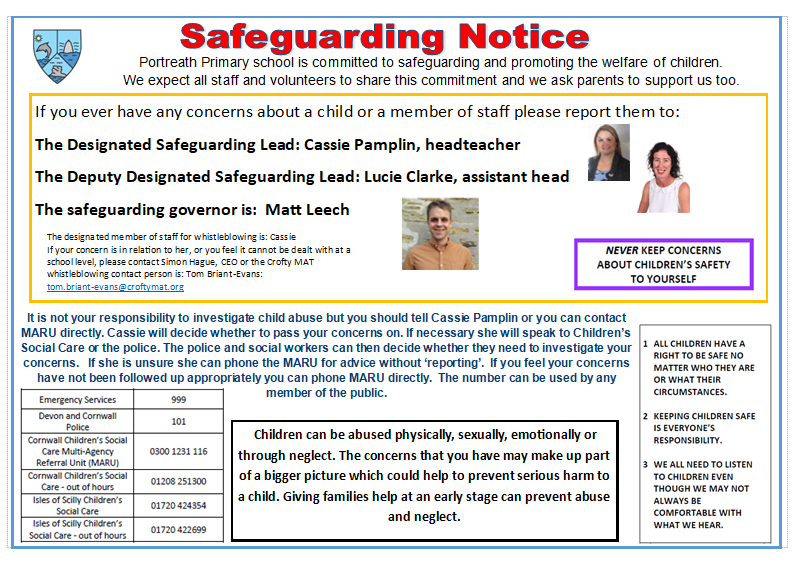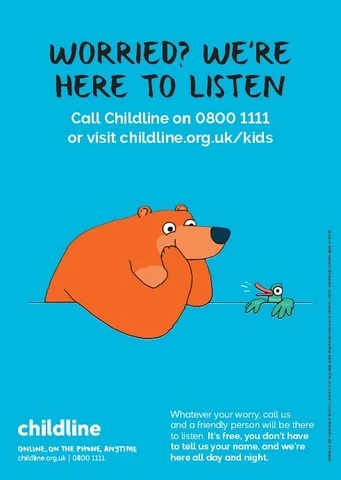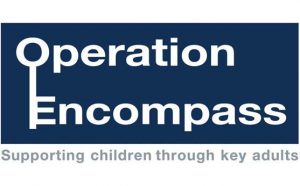Safeguarding
Portreath Primary school is committed to safeguarding and promoting the welfare of children. We expect all staff and volunteers to share this commitment. The safety of our pupils is of paramount importance.
Mrs Pamplin is the school’s Designated Safeguarding Lead. Should you have any concerns regarding the safety of any of the children at our school please see her. If she is not available please speak to Miss Clarke (Deputy Safeguarding Lead). Our safeguarding governor is Matt Leech. Our whistleblowing trustee is Karen Harris, karen.harris@croftymat.org.

Please click below to see our safeguarding and child protection policy:
Portreath Safeguarding Child Protection Policy_2024
Keeping_children_safe_in_education_2024
Please see the policy sections on our website for all of our safeguarding policies.
Portreath Primary School has a duty of care to ensure the protection of children and therefore has a responsibility to pass on concerns to Children’s Social Care ( through MARU-the Multi Agency Referral Unit). Our school community has a duty to safeguard and promote the welfare of children. This means that we have a Child Protection Policy and procedures in place which are available on the web site or from the school office on request. All staff including our volunteers and supply staff must ensure that they are aware of our procedures; parents and carers are welcome to read these. Sometimes we may need to share information and work in partnership with other agencies when there are concerns about a child’s welfare. We will always ensure that our concerns about our pupils are discussed with their parents/carers first unless we have reason to believe that this is not in the child’s best interests.
ALL STAFF AND VOLUNTEERS MUST HAVE A DBS CHECK PRIOR TO WORKING WITHIN OUR SCHOOL ENVIRONMENT. All staff have Tier 2 safeguarding training before they start working in the school.
Visitors are provided with a tier 1 safeguarding leaflet. The following ‘Visitors Safeguarding Statement’ is displayed at our school and we expect all visitors to read and abide by it:
WELCOME TO OUR SCHOOL
Portreath Primary School is committed to safeguarding and promoting the welfare of children and young people and expects all staff, volunteers and visitors to share this commitment.
Notice to Visitors
Safeguarding children – If you have any concern that a child has been harmed, is at risk of harm, or you receive a disclosure, please contact the main reception as quickly as possible, and ask to speak to a member of staff with responsibility for child protection.
Health and Safety
Your safety and well-being during your visit are important to us. As a visitor, you have a legal duty of care for the Health and Safety of yourself and others. If you are involved in, cause or witness an accident, you must report this before you leave the premises.
Classrooms
Do not enter classrooms unless escorted by a member of staff or by prior arrangement.
Emergency
If the Fire Alarm sounds, leave the building by the nearest exit and proceed to the designated point in our playground by the field. Do not re-enter the building until you are told that it is safe to do so.
Accidents
Any illness, injury or accident must be reported to the school office.
Smoking
It is against the law to smoke on the school premises.
Mobile Phone use
Please refrain from your using your mobile phone whilst onsite – unless required for professional / emergency usage.
Property or Vehicle
The school accepts no responsibility for any loss or damage to visitor’s property or vehicle.
Preventing Radicalisation & Extremism
All visitors should be aware that we are committed to preventing radicalisation and extremism. Visitors invited to speak to children will be supervised at all times.
Operation Encompass
The school has been given the opportunity to take part in a project that will run jointly between schools and Devon and Cornwall Police
Operation Encompass is the reporting to schools, prior to the start of the next school day, when a child or young person has exposed to, or involved in, any domestic incident.
Operation Encompass will ensure that a member of the school staff, known as a Key Adult, is trained to allow them to liaise with the police and to use the information that has been shared, in confidence, while ensuring that the school is able to make provision for possible difficulties experienced by children, or their families, who have been involved in, or exposed to, a domestic abuse incident.
We are keen to offer the best support possible to all our pupils and we believe this will be extremely beneficial for all those involved.
Additional resources:
The UK Safer Internet Centre, where you can find online safety tips, advice and resources to help children and young people stay safe online.
ThinkuKnow – advice for Parents on internet safety
Childnet International – all the information you need to keep your child safe online.
Internet matters – supporting families online.
www.gov.uk/government/publications/the-use-of-social-media-for-online-radicalisation
Bullying
Bullying UK – Anti-bullying Alliance – advice for families
National Bullying Helpline – Advice on bullying at school
Self-harm and mental health concerns
Young Minds – supporting your child who is self harming
Action for Children – spotting the signs
HOW CAN I KEEP MY CHILD SAFE?
Some helpful links on a variety of subjects:
On-line safety
As a parent or carer, you can play a key role in helping your child to stay safe online. This is particularly important at the moment when children and young people are using social media to keep in touch with friends as they are unable to meet in the usual ways.
The Government has issued new guidance on staying safe on line. This includes tips on:
- Making best use of parental controls
- Talking to your children and encouraging them to raise any concerns if they are uncomfortable
- Staying healthy by having a balance of activities and managing on-line use
More information can be found here:
Support for parents and carers to keep children safe online – GOV.UK (www.gov.uk)


